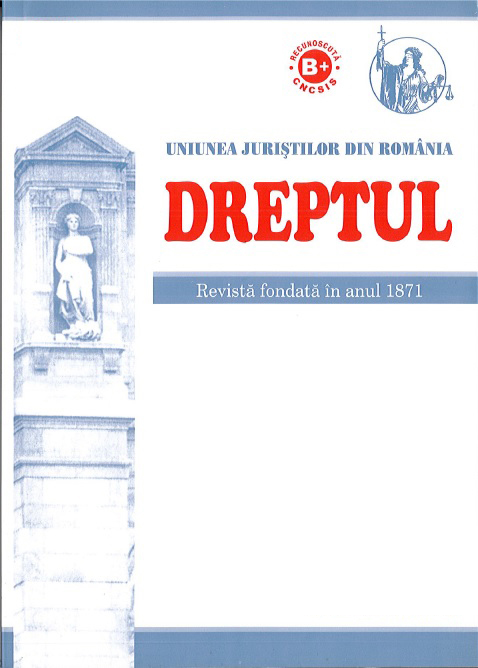The authentic document is the document drawn up or, as the case may be, received and authenticated by a public authority, by the notary public or by another person invested by the state with public authority. Likewise, any other document issued by a public authority and to which the law confers this character is authentic. In other words, in order to be qualified as „authenticated document”, a document must meet the following requirements: a) be drawn up or, where appropriate, received and authenticated by a public authority, a notary public or by another person invested by the state with public authority; b) the instrumenting agent must be competent from material and territorial point of view to instrument the document; c) to be drawn up in compliance with the formalities required by law or, as the legislator specifies, „in the form and under the conditions established by law”.
The legislator devotes the field of authenticity to the document, specifying the elements which relate to authenticity, namely: establishing the identity of the parties; expressing their consent about their content; the signature of the parties and the date of the document [Article 269 (1) second sentence of the Civil Procedure Code, Article 90 (2) of the Law No 36/1995]. The signature of the public servant confers authenticity to the document on which it is given. It follows that it falls into the field of authenticity what the instrumenting agent finds ex propriis sensibus.
The document which by its form and appearance (the signature of the public notary or the public servant, the seal of the authority, the registration number, etc.) has the aspect of an authentic document drawn up regularly enjoys the presumption of authenticity and validity, and the contesting party can only fight against it by means of the procedure of registration of forgery.


